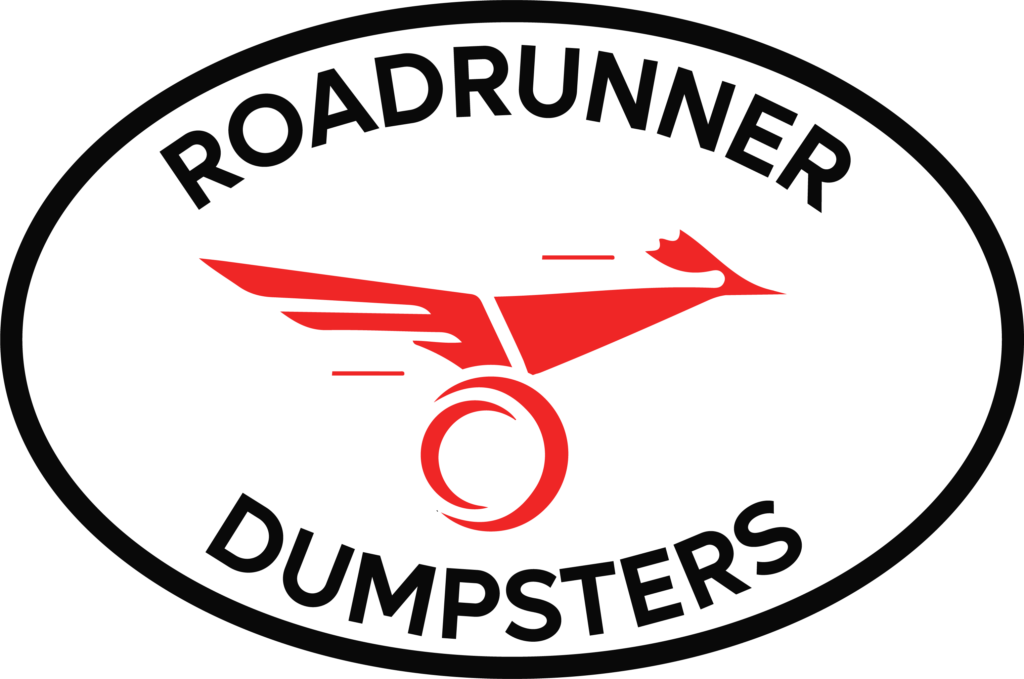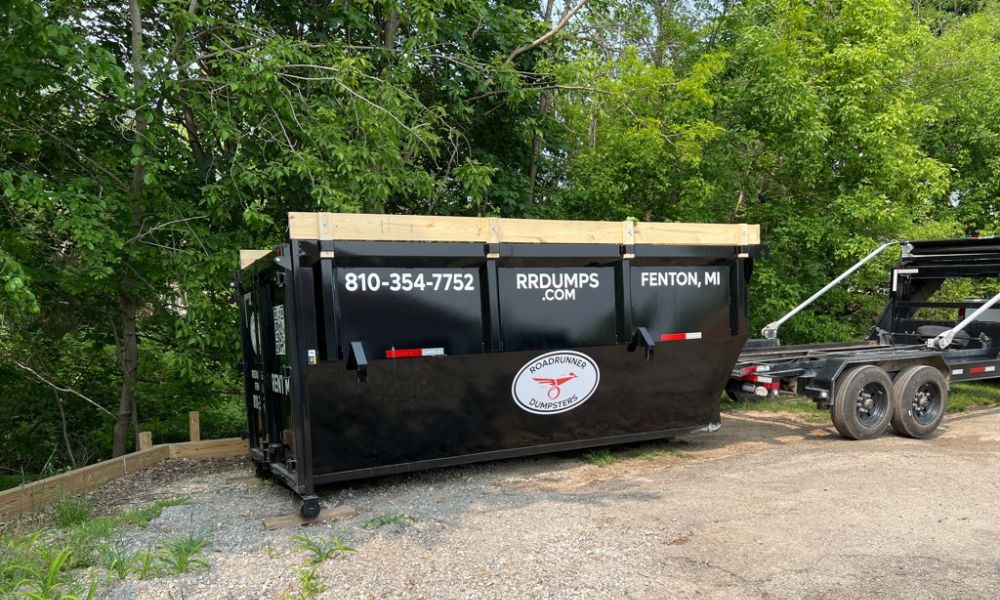Regardless of what you’re renting a dumpster for, it’s vital that you’re aware of the logistics involved. Dumpster rental companies make it as easy as possible to manage your waste removal process. However, you still need a basic understanding of dumpster rental regulations and permits in order to make the most of your project. Otherwise, you risk making mistakes that can cost you more money down the line. Here’s everything you need to know.
Explaining Dumpster Rental Regulations
Dumpster rental regulations are put in place to ensure public safety, manage waste effectively, and prevent environmental hazards. The rules vary depending on your location, with different municipalities having distinct guidelines that rental companies and their clients must adhere to.
Key regulations typically address the size and placement of dumpsters as well as materials that you’re prohibited from placing within your rental. For example, placing a dumpster on a public street may require a permit (but not always), and some areas require you to dispose of electronics using an alternative method. For those who are part of a homeowners association (HOA), check with representatives to determine whether you need specific permits to proceed with your project.
Important Notes About Rental Permits
Before you rent a dumpster, it’s crucial to familiarize yourself with a few key facts about permits. If your area doesn’t require one, then this doesn’t apply as much to you. However, understanding the language will better prepare you for navigating permit requirements should you ever need to.
Different permits will dictate where you can place a dumpster. You may require a temporary encroachment permit, for instance, if your project requires the dumpster to infringe on a public space. If you’re renting a dumpster for an extended period, you might need to renew these permits periodically until the rental is complete.
Applying for Dumpster Rental Permits
Permit applications require detailed information about the rental, such as the dumpster’s dimensions, location, and the dates and times it will be there. Start your permit application well in advance to allow for any delays in processing. Some locations may also require a site plan or other documentation, so consult with the rental company to gather all the necessary details.
Tips for Staying Legally Compliant
There are several things to understand about dumpster rental regulations and permits, but you can protect yourself from liability and fines with the right approach. To ensure your dumpster rental process goes smoothly, follow these proactive steps:
- Research local regulations, including contacting your HOA if applicable, before booking a rental to understand the requirements.
- Reach out to the city’s permitting office, and if in doubt, consult a professional for assistance with the permit application.
- Select your dumpster location carefully, making sure you don’t block traffic or sidewalks.
- Have a plan B in case your first-choice dumpster location isn’t available.
- Work directly with your dumpster rental provider—they have experience navigating local rules and can offer valuable insight into what’s necessary.
Dumpster rental regulations and permits should not be an afterthought in your project planning. In being proactive with your rental, you can avoid a lot of problems in the first place. Roadrunner Dumpsters has years of experience providing trash dumpster rentals in the Fenton, Michigan, area and beyond. As such, we’re familiar with many regulations regarding waste allowances and placement. Always contact your local municipality or HOA for more detailed information, and we’ll work according to your specific needs.


